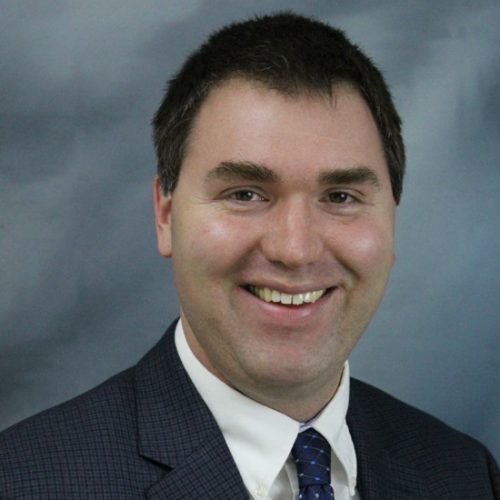
- This event has passed.
SEMINAR: Muscle-Inspired Adaptive Actuation Architectures for Efficient Robotics
August 24, 2018 @ 10:00 am - 11:00 am
Abstract:
Existing actuator technologies, while well-developed for traditional applications like industrial pick and place robots, are poorly suited to wearable or human-assistive robots. These human-interactive applications present challenges including mismatches in compliance between the human user and actuation system, as well as poor system-level efficiency during low-frequency and time-varying motions like walking gaits. This talk will discuss my group’s recent progress in creating, modeling, and controlling muscle-inspired soft, fluidic actuator bundles that use a physiologically-inspired selective recruitment architecture to overcome these challenges.
Human muscle tissues employ a massively over-actuated architecture in which many internal degrees of freedom (motor units) are used in parallel to produce a single output degree of freedom (muscle tissue contraction), through a hierarchical, load-adaptive control process called motor unit recruitment. This architecture allows natural muscle to achieve fast response and a wide gamut of force and compliance on demand, all while minimizing metabolic energy consumption. Inspired by this biology, we are investigating bundles of fluidic artificial muscles that can dynamically pressurize or vent actuation elements to perform online force control and mechanical impedance matching while minimizing fluid energy consumption and valve throttling losses. Additionally, the adaptive actuation architecture allows for both gentle, precise movements as well as high force production on demand, and achieves faster responses by reducing flow rate demand. Moreover, the soft construction, natural compliance, and very high force to weight ratio inherent to the fluidic artificial muscles make the adaptive actuators inexpensive and well suited to wearable robotics.
Biography:
 Dr. Matthew Bryant is an Assistant Professor of Mechanical and Aerospace Engineering at NC State University and the director of the Intelligent Systems and Structures Research Lab (iSSRL). He received the B.S. degree in mechanical engineering from Bucknell University, Lewisburg, PA in 2007 and the M.S. and Ph.D. degrees in mechanical engineering from Cornell University, Ithaca, NY in 2011 and 2012 respectively. His research seeks novel approaches in areas including ambient energy harvesting, fluid-structure interaction, and robot actuation and mobility. His work emphasizes a multi-disciplinary approach and encompasses both experimental and theoretical investigations. Of particular interest are applications that incorporate smart or adaptive materials and structures, as well as be bio-inspired designs. He is currently working on (1) energy harvesting from piezoelectric structures that driven by flow-induced vibration or flutter instabilities, (2) aerodynamic interactions of oscillating wings with unsteady wakes, (3) programmable, cyber-physical structures for hardware-in-the-loop fluid structure interaction simulations, (4) bio-inspired artificial muscles for robotics and prostheses, and (5) novel unmanned vehicles that can operate in air, water, and land domains.
Dr. Matthew Bryant is an Assistant Professor of Mechanical and Aerospace Engineering at NC State University and the director of the Intelligent Systems and Structures Research Lab (iSSRL). He received the B.S. degree in mechanical engineering from Bucknell University, Lewisburg, PA in 2007 and the M.S. and Ph.D. degrees in mechanical engineering from Cornell University, Ithaca, NY in 2011 and 2012 respectively. His research seeks novel approaches in areas including ambient energy harvesting, fluid-structure interaction, and robot actuation and mobility. His work emphasizes a multi-disciplinary approach and encompasses both experimental and theoretical investigations. Of particular interest are applications that incorporate smart or adaptive materials and structures, as well as be bio-inspired designs. He is currently working on (1) energy harvesting from piezoelectric structures that driven by flow-induced vibration or flutter instabilities, (2) aerodynamic interactions of oscillating wings with unsteady wakes, (3) programmable, cyber-physical structures for hardware-in-the-loop fluid structure interaction simulations, (4) bio-inspired artificial muscles for robotics and prostheses, and (5) novel unmanned vehicles that can operate in air, water, and land domains.
